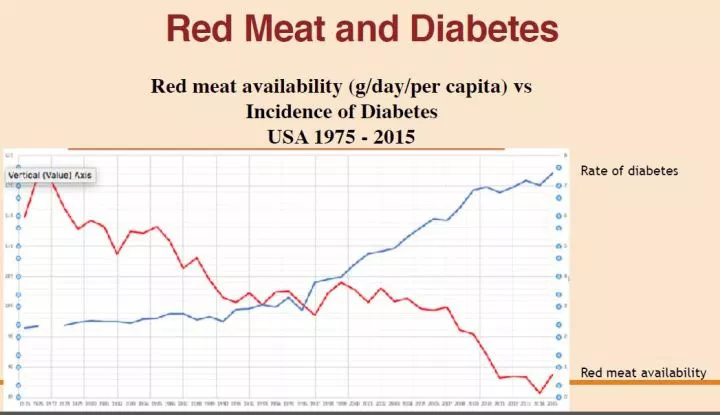I agree with you @Ashimi.
These studies present as using the manipulative science of epidemiology, sometimes akin to creative accounting, to generate headlines in the media.
Epidemiology should be used to generate hypotheses that are then further tested. That whole excitement of proper science where a controlled experiment is created to answer a question, but most likely results in more questions with just a tiny bit of knowledge gain from the process.
There is also that story technique of including a bit of recognised truth to carry a passenger theme. Like when people say common sense tells them something as a foundation for an action. Common sense tells me that epidemiological studies reported in catchy mass media headlines usually contain a hidden agenda. It sounds true. But is it?
In the confusion shenanigans persist.
These types of news reports are common enough to identify them as epidemiologists courting controversy, pushing an agenda beholden to financial supporters seeking a science looking market advantage, or researchers desperate to publish or perish in the academic world. They will always have the fall back claim that they were legitimately trying to generate hypotheses. Media like to present it often as fear-based storytelling, again to sell stuff.


